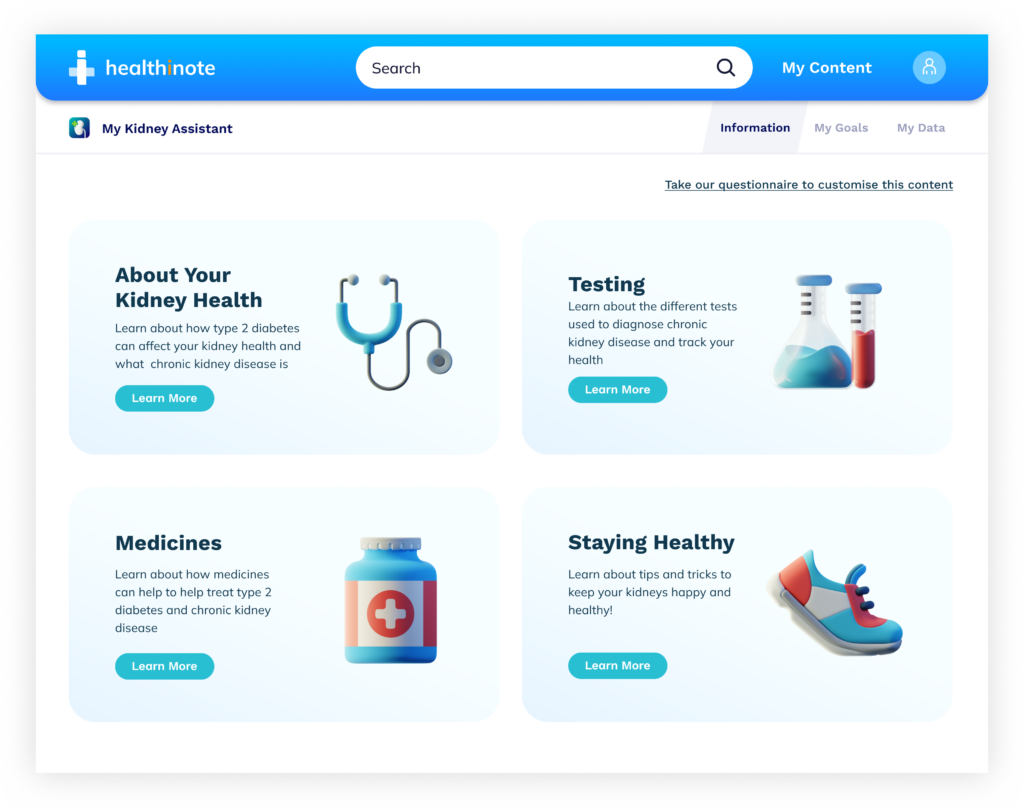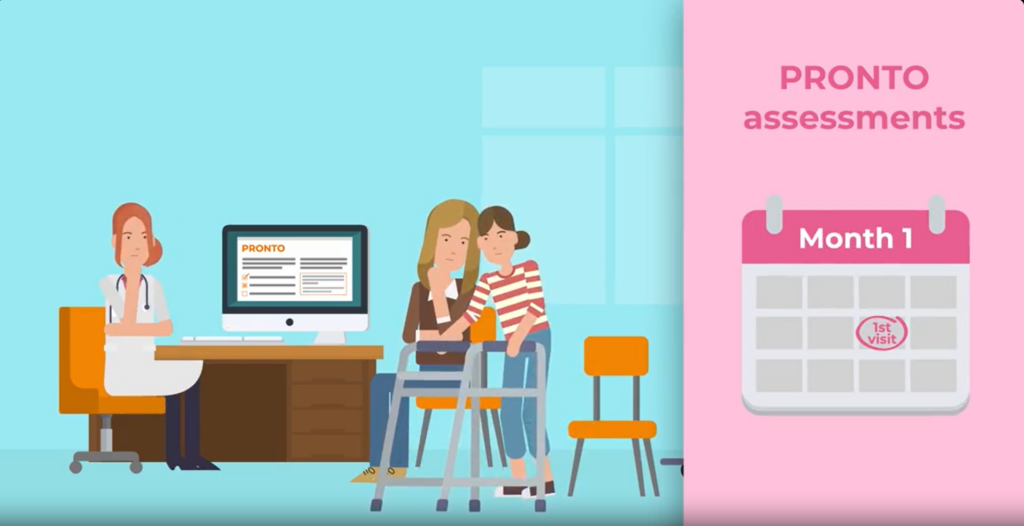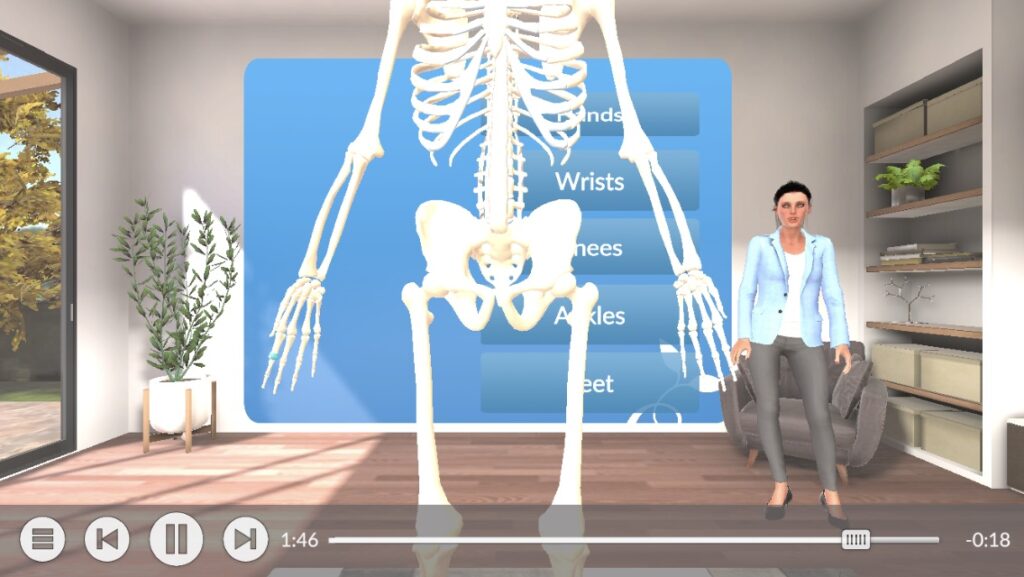Alex Merckx, Director of Marketing and Partnerships
Patient engagement has become a critical aspect of effective treatment and disease management. But what does patient engagement mean in practice, and why should life sciences companies invest in it?
In this introductory blog, we will explore the concept of patient engagement, the various types of engagement programmes, and how they benefit life sciences companies and patients alike.
What is patient engagement?
Patient engagement encompasses a range of activities designed to inform, educate, and empower people to take control of their health. Engaging patients in their care processes leads to improved patient understanding and self-management, improved adherence to treatments, more optimised use of other healthcare resources and better health outcomes.

Why should life sciences companies invest in patient engagement?
Engaging patients is crucial for life sciences companies for several reasons:
- Patient empowerment: Effective engagement programmes improve people’s understanding of their condition, thus empowering them to better self-manage their health.
- Treatment adherence and effectiveness: Engaged patients are more likely to adhere to treatment plans, improving the treatment effectiveness and outcomes.
- Improved health outcomes: By educating and supporting patients, companies can enhance treatment adherence and disease management, leading to better health outcomes.
- Improves market share / brand Loyalty: Providing valuable support and education builds trust and loyalty among patients and healthcare professionals
There is increasing evidence of demand for digital patient services, with 48% of adults using, or interested in using, pharma digital assets, and 68% of physicians more likely to prescribe a product with good patient support and services. (1)
Who benefits from patient engagement programmes?
- Patients: Gain better understanding and control of their health, leading to improved outcomes and quality of life.
- Healthcare providers: Benefit from patients who are more informed and engaged, resulting in more effective and efficient care.
- Life sciences companies: Achieve better clinical outcomes, enhanced reputation, improved market share and stronger relationships with patients and healthcare providers.
Research shows that healthcare professionals desire pharmaceutical companies to extend their efforts beyond just providing medication, addressing the whole healthcare experience from education and support to tackling societal and environmental issues.
When considering what healthcare professionals value most in a healthcare brand, it is unsurprising that patient-centricity is the foremost priority, followed by innovation and progressiveness. (2)
What types of patient engagement programmes are there?
There are several types of patient engagement programmes, each serving unique purposes and addressing different aspects of patient care. Understanding these distinctions is crucial for life sciences companies looking to implement effective strategies.
1. Disease Awareness Programmes
Objective: These programmes aim to increase awareness about specific diseases among the general public, patients, and healthcare professionals. They focus on educating people about symptoms, risk factors, and the importance of early diagnosis and treatment.
Target Audience: General public, key target groups and healthcare professionals.
Impact: Disease awareness programmes help in early detection and prevention, improving overall health outcomes. They also build trust and credibility for life sciences companies among patients and healthcare providers.
Example case study: Kidney Essentials: chronic kidney disease

2. Patient Support Programmes (PSPs)
Objective: PSPs are designed to support patients who are already diagnosed with a disease. They provide ongoing support, education, and resources to help patients manage their condition effectively, leading to improved self-management and adherence to treatment.
Target Audience: Patients and their caregivers.
Impact: These programmes improve treatment adherence, reduce anxiety, and enhance patient satisfaction, leading to better health outcomes and reduced healthcare costs.
Example case study: Cognitant successfully streamlines a top 10 pharma Patient Support Programme
3. Digital Health Companions
Objective: Digital health companions are online platforms or apps that provide comprehensive, personalised support to patients managing their health conditions. They offer educational resources, health tracking, goal setting, and reminders.
Target Audience: Patients managing chronic conditions.
Impact: These tools enhance patient engagement, improve health literacy, and promote better disease management, reducing hospitalisations and improving quality of life.
Example case study: My Kidney Assistant

4. Patient Engagement in Clinical Trials
Objective: In clinical trials, patient engagement aims to inform, educate, and involve patients in the research process, improving recruitment and retention rates.
Target Audience: Potential and current clinical trial participants.
Impact: Effective patient engagement in clinical trials leads to higher participation rates, improved data quality, and more successful research outcomes.
Example case study: Educating caregivers of children with a rare neuro disease about a natural history study

5. Arms-Length Programmes Supported by Donations and Grants (DAG)
Objective: These programmes, funded by pharmaceutical companies but managed independently, provide unbiased educational content and resources to patients.
Target Audience: Patients and healthcare providers.
Impact: Arms-length programmes enhance patient education, improve treatment adherence, and foster better disease management, all while maintaining independence and credibility.
Example case study: Rheumatoid Arthritis Essentials

Conclusion
In conclusion, patient engagement is a critical component of modern healthcare. By investing in various patient engagement programmes, life sciences companies can improve health outcomes, enhance patient satisfaction, and achieve business success. Stay tuned for our upcoming blogs where we will explore each type of patient engagement programme in detail, providing insights and examples of successful initiatives.
References:
1 – Patient support programmes | Deloitte UK
Cognitant
Looking to empower people with health information for better patient outcomes?
Related News
Kidney Research UK invests in Healthinote patient education platform which could support >15m people with long term health conditions
April, 2025
Oxford, January 2025 – Kidney Research UK, the leading charity dedicated to kidney health, has made a significant investment in Cognitant Group Ltd, a leading...
Webinar Insights – Compliance vs Patient Engagement: Can They Co-Exist?
April, 2025
Is compliance really a barrier to meaningful patient engagement in pharma, or are outdated myths holding us back? In this recent webinar, Dr Tim Ringrose,...
Funding awarded to innovations that support early diagnosis and rehabilitation of Stroke patients
March, 2025
SBRI Healthcare, an Accelerated Access Collaborative (AAC) initiative, in partnership with the Health Innovation Network, has awarded £2.5 million for the development of five innovations...

